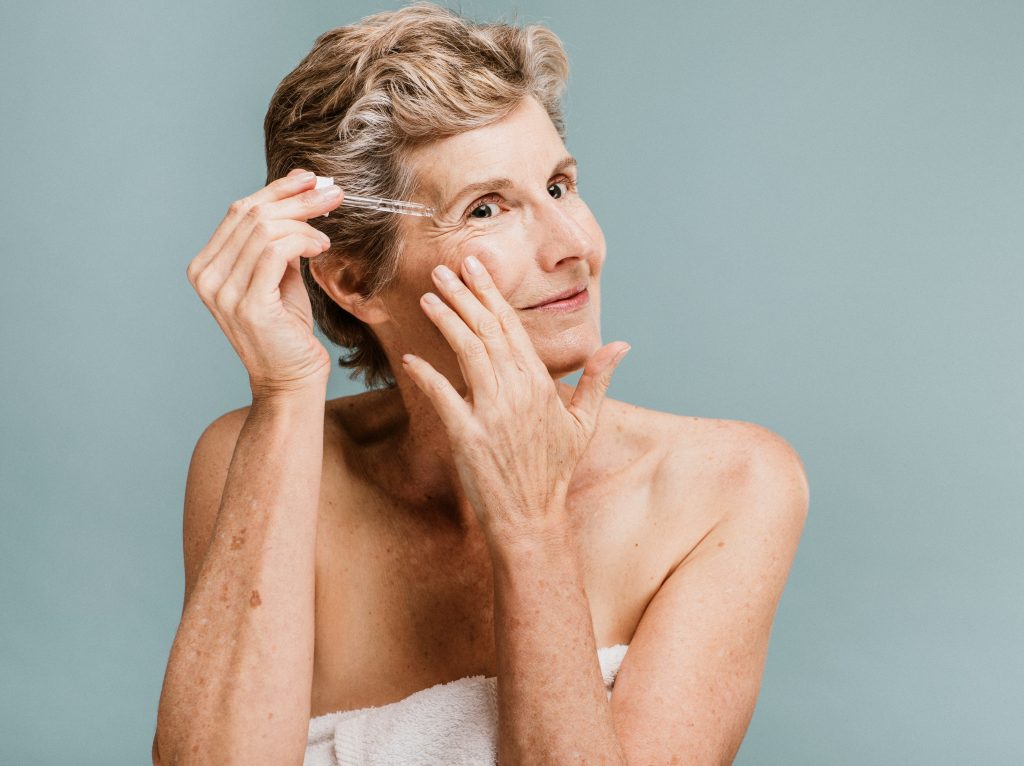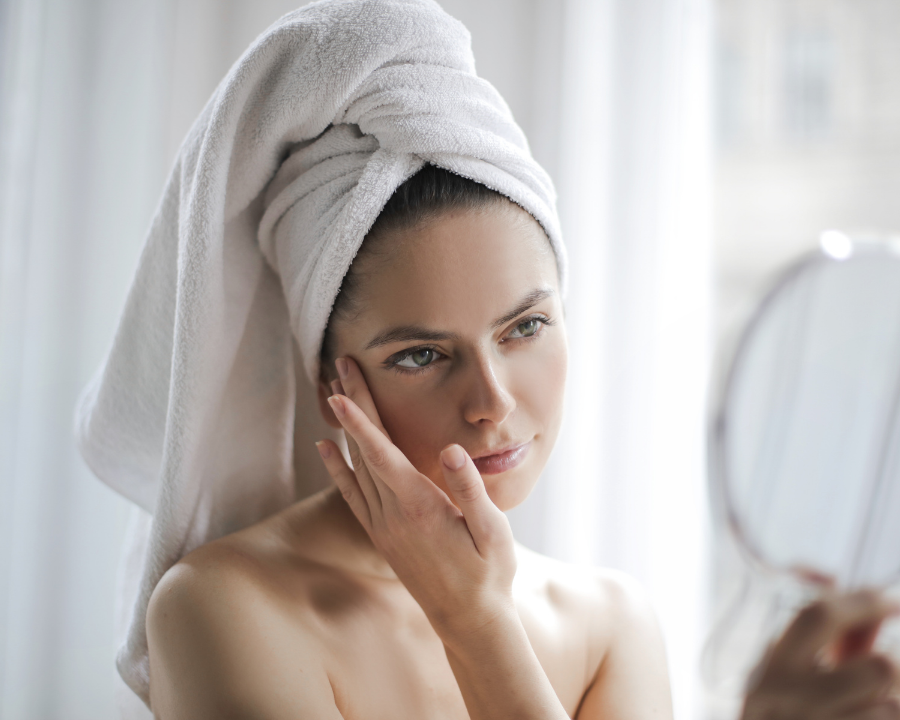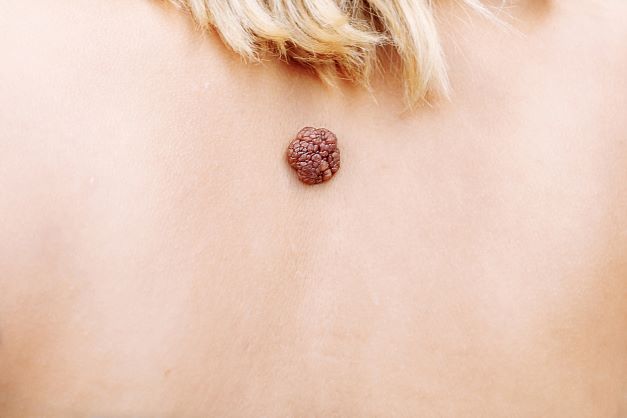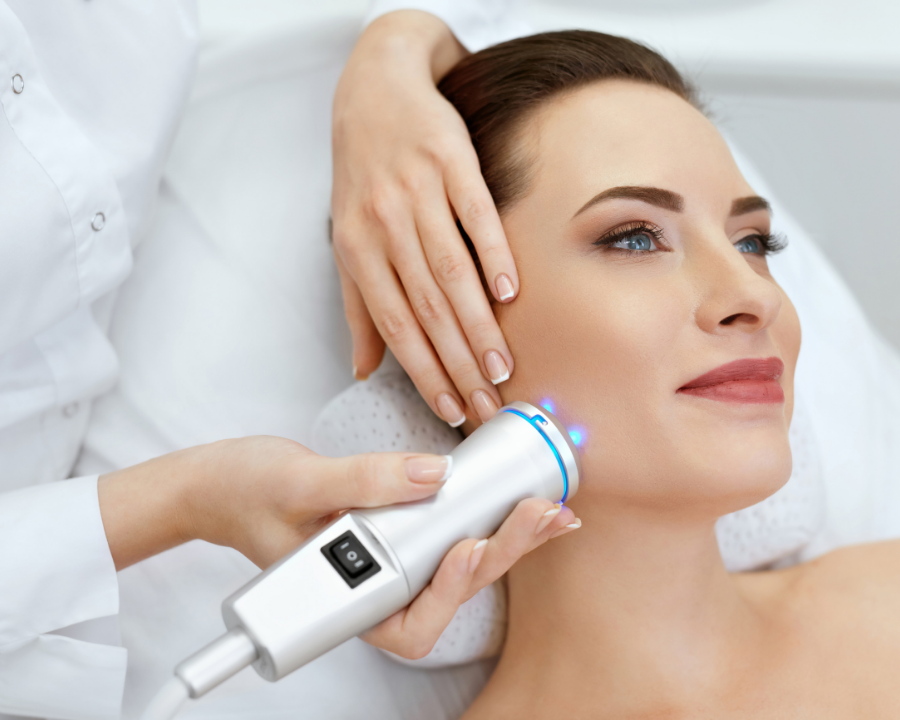Skin cancer is a serious health concern that affects many people. This short article provides five simple ways to prevent skin cancer.
- Wear sunscreen everyday, sunscreen prevents skin cancer by blocking the harmful rays if the sun
- Avoid the sun between 10 a.m. and 4 p.m. when the UV rays are the strongest
- Use a hat to protect your head, neck, ears and face
- Wear sunglasses to protect your eyes
- Avoid tanning beds, which emit UV rays
What is the risk of skin cancer?
Skin cancer is the most common type of cancer in the United States. It is caused by exposure to the sun or other sources of ultraviolet light. There are three types of skin cancer: basal cell carcinoma, squamous cell carcinoma and melanoma. Basal cell skin cancers start from the bottom layer of the skin cells, while squamous cell skin cancers start from the top layer of cells. The risk of these two types of skin cancer is higher in people who have fair complexions, red or blonde hair, and blue eyes. The risk for developing melanoma is also higher in people who have a personal or family history of melanoma, as well as those with certain tanning bed habits. Even though people are always told to use sunscreen, they often don’t apply enough sunscreen to cover all of their exposed skin. This leads to a higher risk for skin cancer, especially basal cell and squamous cell cancer. The best way to prevent skin cancer is by using a sunscreen that has a broad spectrum SPF of 15 or higher and is labeled as water- resistant or waterproof. Frequent, prolonged exposure to the sun or UV radiation is believed to cause over 1 million skin cancer cases per year in the United States and contributes to a major portion of all non- cutaneous cancers.
What are the Different Types of Skin Cancer?
Skin cancer is a common condition that affects millions of people in the United States every year, with the proper care and treatment, skin cancer can be treated effectively. Basal cell carcinomas, also known as BCCs, are the most common type of skin cancer. They develop from new cells that grow rapidly on the surface of the skin and usually show up as a bump or mole. The bumps are often small and look like a flat pimple. It’s important to remember that not all moles need to be removed at once, but if you notice any new changes to your skin, it is always best to have them checked out. BCCs are often treated with a local removal of the tumor and then scarring treatment, or they may be removed by surgery.
The most common type of skin cancer that develops on the nose is squamous cell carcinoma. It often starts as a small, red spots, which can then develop into a wart- like lesion. Although squamous cell carcinoma is the most common type of skin cancer on the nose, it is also found on other parts of the body such as the eyelid and ear. Squamous cell carcinoma often causes disfigurement and there are many treatment options including cryotherapy, radiation therapy, surgery and chemotherapy.
Melanoma is the most serious type of skin cancer, as it develops in the cells that produce melanin- the pigment that gives your skin its colour. Melanoma can also form in your eyes and rarely does it form inside your body like your nose and throat.
How Do You Know If You Have Skin Cancer?
Skin cancer is a deadly disease that can be easily mistaken for other skin conditions. It can be hard to detect and the symptoms are often vague and non- specific. There are several ways in which you can detect if you have skin cancer, including looking for changes in your skin, checking your family history of skin cancer, and seeing a doctor for a physical exam. The best way to prevent the risk of developing skin cancer is to avoid exposure to UV radiation from the sun and to use sunscreens that have SPF in them. Some skin cancer symptoms that may arise that you are developing skin cancer include: rough, dry patches of skin on your face, hands and feet that are dark and scaly. The appearance of a lesion, ulcer, or wart on your skin. Raw areas with white or red spots. Itchy, rash- like skin patches and new visible moles on your skin that may be raised up and or are irregularly shaped. Blue or black spots that could be an unsafe darkened erythema (sunburn).
The Most Important Things You Need to Know About Prevention
Prevention is the best cure for any problem that may arise. If we take care of our health, we can avoid many problems that can come our way. The most important things you need to know about prevention are: start preventing health issues before they happen, avoid risk factors that lead to health issues. Start being proactive when it comes to your health and wellbeing. All this can be achieved by attending your annual exams with your dermatologist at Summit MD Dermatology.





